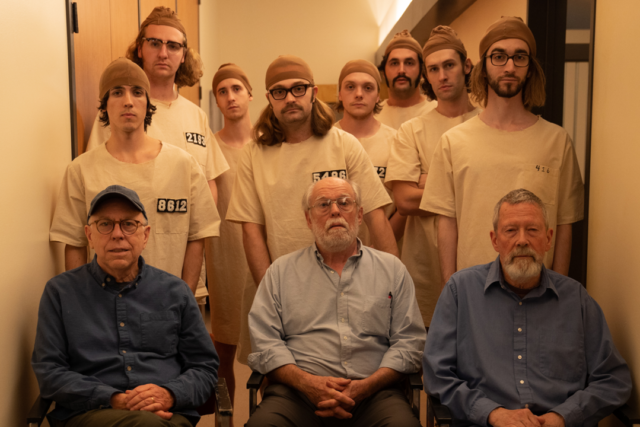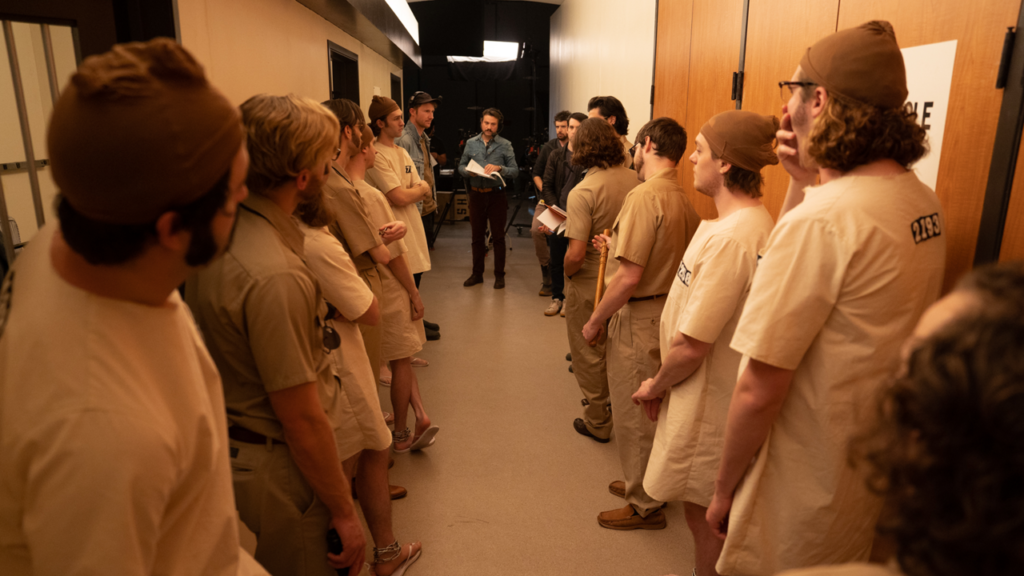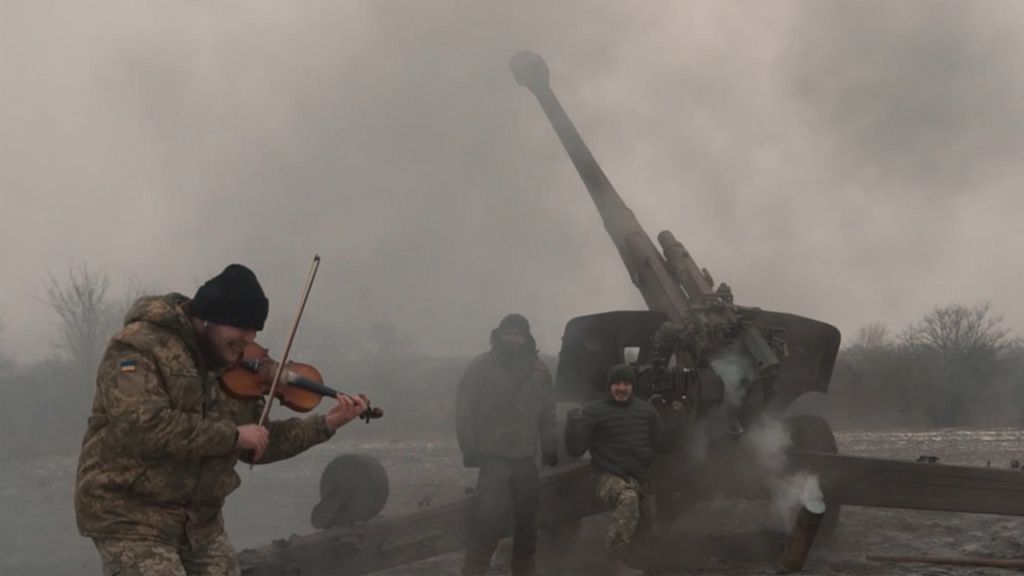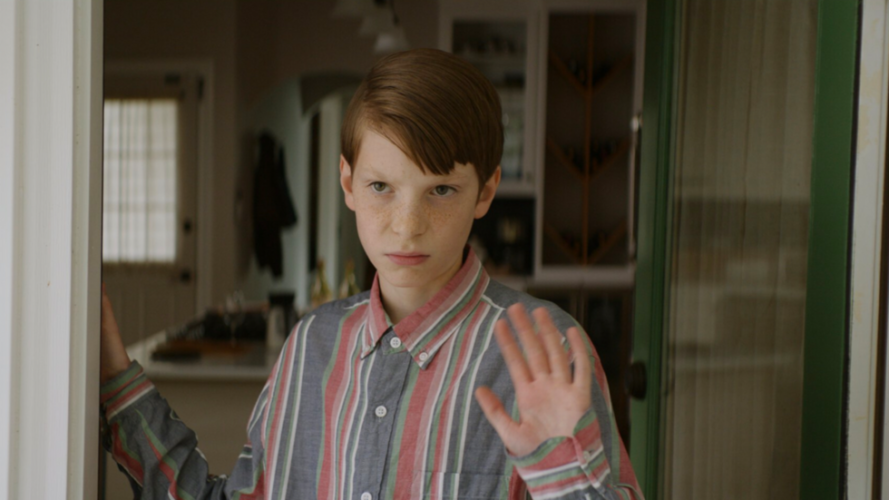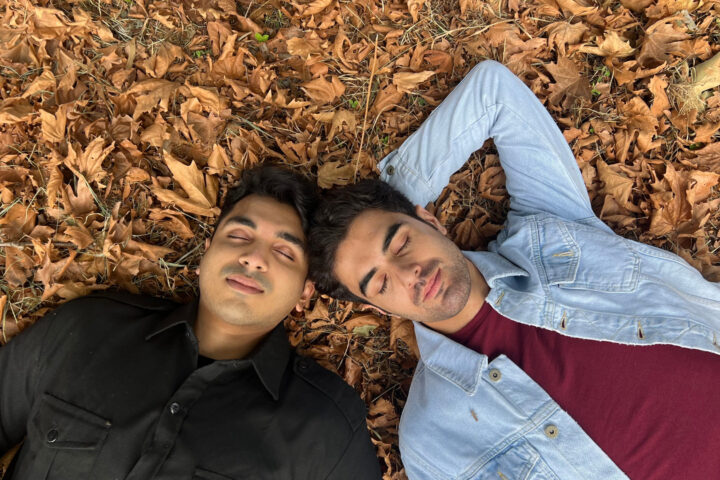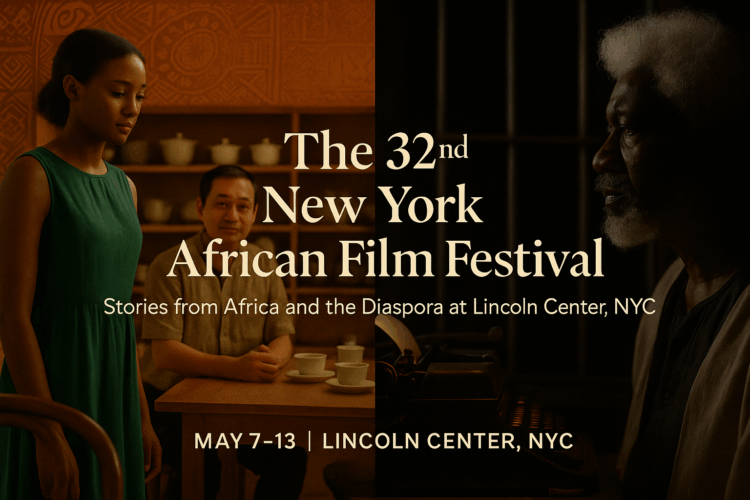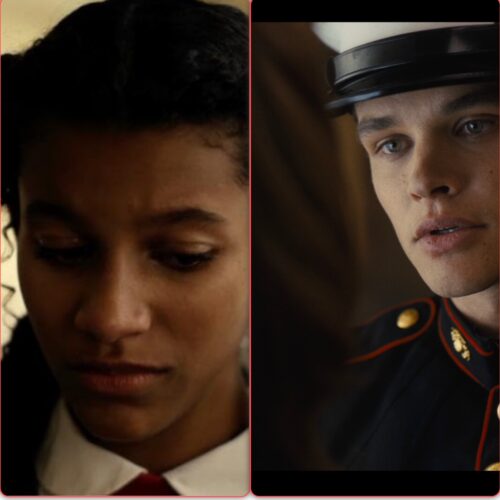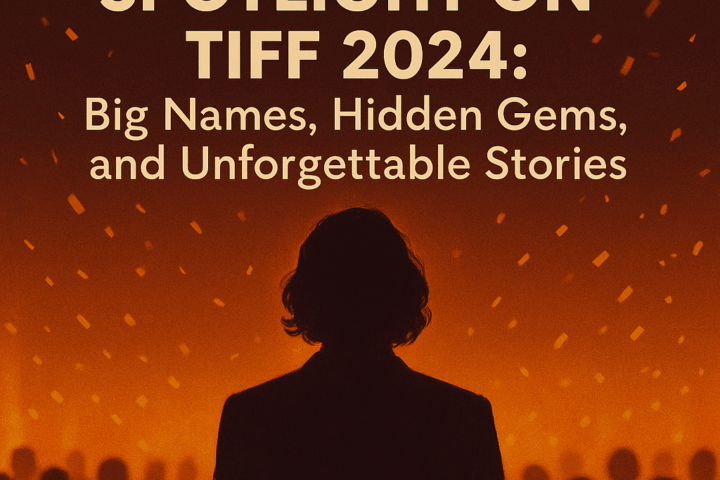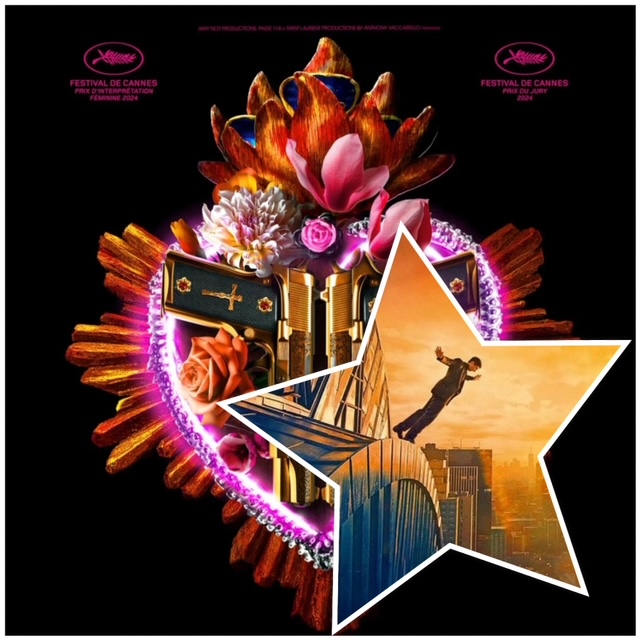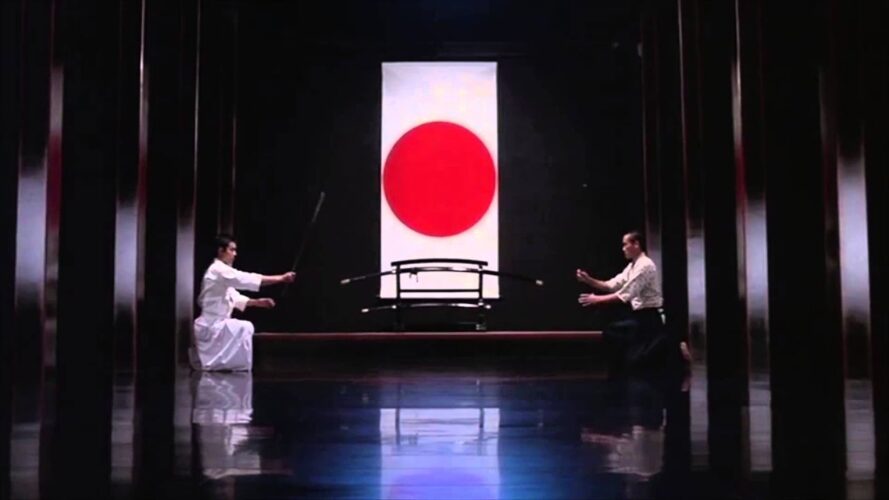Emotion in Focus: Standout Stories from the 2025 Tribeca Film Festival
by Beverly Andrews
This spring, the iconic Tribeca Film Festival made a vibrant return, once again showcasing its hallmark mix of compelling feature films, striking short films, and innovative documentaries. Below, I’ve highlighted a selection of personal favorites that left a lasting impression.
The Stanford Prison Experiment: Unlocking the Truth
The Stanford Prison Experiment: Unlocking the Truth, directed by Juliette Eisner, is a re-examination of the notorious 1971 Stanford Prison Experiment. Originally designed as a two-week behavioural study led by Stanford University professor Philip Zimbardo, the experiment simulated a prison environment in which student participants were assigned roles as either guards or inmates. Their behaviour was closely monitored, revealing unsettling dynamics that have continued to spark debate for decades.”
At the onset of the experiment, the students assigned to be guards appeared to become abusive almost immediately, prompting the study to be halted after just six days. One participant, playing the role of an inmate, reportedly suffered a nervous breakdown. Zimbardo’s findings, later published, were widely cited over the years to explain abuses of power in real-life situations—most notoriously at Abu Ghraib prison in Iraq, where wardens infamously subjected inmates to physical and psychological abuse. However, this new documentary casts fresh light on the study, challenging its scientific validity and pointing to what many now regard as a fundamentally flawed—and possibly even fraudulent—experiment.
For the documentary, Eisner brings together former participants of the original experiment, contemporary behavioural scientists, and Philip Zimbardo himself. The film closely re-examines Zimbardo’s methodology, highlighting evidence from his own records that suggests the guards were coached to behave in specific ways. This implies that their abusive actions were not simply a spontaneous reaction to the simulated prison environment, but rather a response to direct prompting. According to the documentary, this coaching was designed to steer the experiment toward a predetermined conclusion—one that Zimbardo had already formulated: that individuals given power over others will inevitably abuse it.
The documentary also casts doubt on the widely reported claim that one of the participants suffered a nervous breakdown. Based on his interview in the film, it appears he may have simply wanted to leave the experiment and go home. One of the most compelling aspects of the film is an interview with a British scientist who led a similar study in the UK in the late 1990s. This experiment took place in a fully controlled environment with 24-hour monitoring of all participants. The results were dramatically different from Zimbardo’s: not only did the guards fail to become abusive, but many showed empathy toward the prisoners they were assigned to oversee. The scientist concluded that the outcomes in such situations depend entirely on who is in charge.
This idea echoes a real-life incident reminiscent of Lord of the Flies, involving a group of schoolboys from Togo who were stranded on a remote island for over a year. Contrary to William Golding’s bleak vision, the boys cooperated, created an orderly society, and survived without losing a single member. Their story stands as a powerful rebuttal to Golding’s dark theory of human nature—and perhaps, as this film suggests, a reminder that humanity may not be in as desperate a state as some would have us believe.
Music that transcends borders
Luther: Never Too Much is a beautiful documentary that explores the life of music legend Luther Vandross—an astonishingly gifted singer, arranger, songwriter, and producer who collaborated with icons ranging from David Bowie to Aretha Franklin. The film features poignant reflections from artists such as Roberta Flack, who, according to Vandross, fired him as her backup singer to encourage him to pursue a solo career, and Bette Midler, among others. Lovingly crafted, the documentary not only celebrates his immense musical legacy and influence on countless careers but also delves into his lifelong struggles with body image and public perception. These internal battles, the film suggests, often overshadowed his accomplishments in his own eyes, casting a shadow over a truly remarkable career.
Soldiers of Song is another standout documentary from the festival. Directed by Ryan Smith, it follows musicians across Ukraine who are using their art as a form of resistance amid the ongoing conflict. The film’s subjects range from a rock musician who also serves as a drone operator, to a folk artist who passionately emphasizes the importance of preserving culture through music during a national crisis. One of the most moving stories is that of an opera singer who, after being seriously wounded and told he might never sing again, undergoes surgery and eventually returns to the stage. Another follows a classical conductor captured by Russian soldiers and given a grim ultimatum: conduct a concert for them or be executed. Aware of the tragic fate of Ukrainian conductor Yuriy Kerpatenko—who refused under similar circumstances and was killed—he chose to resist. To his amazement, after paying a bribe, he was allowed to escape and now conducts once again in Kyiv.
This powerful documentary stands as a tribute to the resilience of the Ukrainian people and a moving testament to the enduring power of art in the face of darkness.
Alien Weaponry: Kua Tupu Te Ara is easily one of my favourite documentaries—not just from the festival, but of the entire year so far. The film follows several years in the journey of Alien Weaponry, a Māori metal band founded by brothers Henry and Lewis de Jong, who began their musical mission as teenagers determined to rock the world while proudly celebrating their cultural heritage. This captivating behind-the-scenes look at the trio—joined by bassist Tūranga Morgan-Edmonds in 2020—is both charming and electric. It’s the story of a band clearly on the cusp of greatness, and the film captures their energy, purpose, and rising momentum with dazzling intimacy.
Features
Griffin in Summer is the epitome of charm—a fresh take on the teenage coming-of-age story centered around 14-year-old Griffin Naffly, a precocious playwright obsessed with seeing his work produced on a New York stage. He writes hilariously about the big issues of the world and lives for the theatre, until an unexpected encounter with his mother’s handyman introduces a new kind of passion into his life. From there, Griffin begins navigating how to balance his theatrical ambitions with this newfound emotional awakening. Imagine a baby Hemingway—with a sharp sense of humour—fumbling through first love and artistic dreams, and you’ll have an idea of just how endearing Griffin in Summer truly is. Definitely one to watch for.
In the Summers is a semi-autobiographical story loosely inspired by writer and director Alessandra Lacorazza’s own childhood visits to see her father in Colombia. In the film, two sisters make annual summer trips from California to New Mexico, and we witness their gradual emotional drift from their loving but volatile father. As they grow from open-hearted teenagers into guarded, distant young adults, the film subtly suggests that the deterioration of this central relationship casts a long shadow over all their future connections. It’s a poignant, quietly powerful portrait of love, disappointment, and emotional inheritance.
Tribeca, as always, was a vivid reminder of the beauty and emotional resonance that cinema can offer.
- An Acting Experiment
- Manos y Trazos: 300 Pages of Inclusive Education
- Tribeca Film Festival 2023
- Opera Singer & Singing Coach: Helen Astrid
- Tribeca 2022
